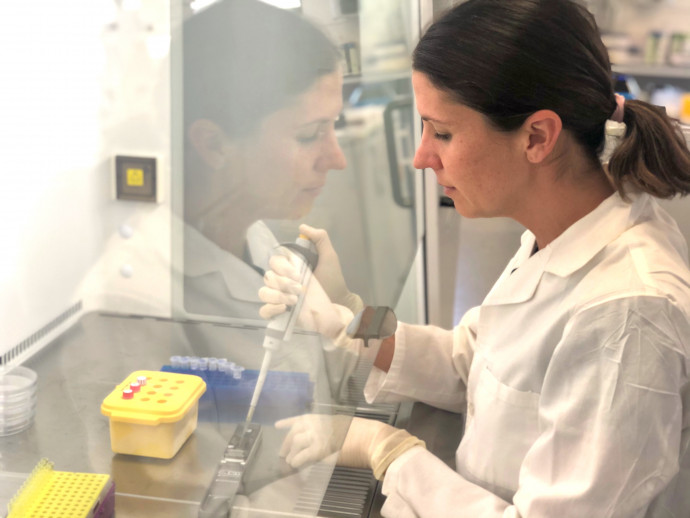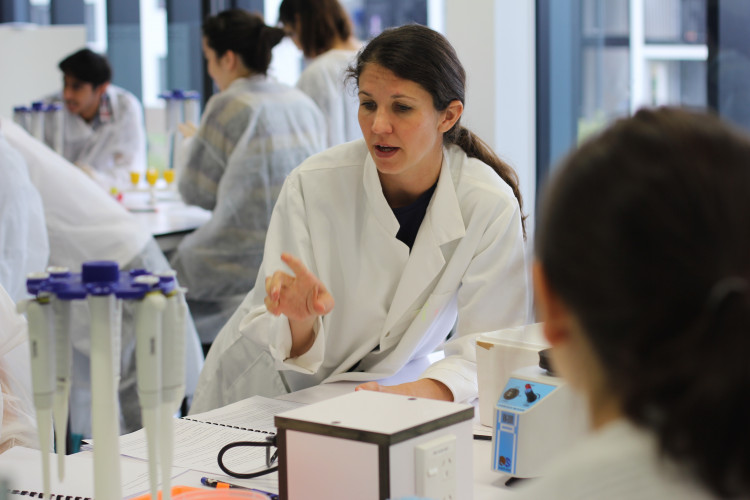News
Published 15 November 2021World Antimicrobial Awareness Week: Dr Nikki Freed

World Antimicrobial Awareness Week (WAAW) is celebrated annually to increase global understanding of antimicrobial resistance. This year we're highlighting researchers in Aotearoa working to raise awareness on antimicrobial resistance.
Dr Nikki Freed is a researcher in the School of Biological Sciences at the University of Auckland. She is also the Lead technologist at Auckland Genomics, the University's core genomics facility.
In 2021, Nikki was awarded $300,000 to investigate the evolution of antibiotic resistance in E. coli by Te Pūtea Rangahau a Marsden the Marsden Fund. This work aims to further our ability to predict evolution.
Q: What does your current research involve?
A: Our work aims to investigate how predictable the evolution of antibiotic resistance is. We would like to know, when different strains or isolates of E. coli become antibiotic resistant, are the evolutionary paths they take the same or different? For example, if we evolve different isolates of E. coli to become resistant to certain antibiotics, do they use the same solution to solve the problem? Do they mutate the same pathways, the same genes, or even the same letter in their DNA code to become resistant to certain antibiotics? And if we repeat this process over and over, will we see the same outcome each time?

Essentially, we are interested in how repeatable or predictable the evolutionary process of becoming resistant to antibiotics is. This work is not only important for clinical outcomes in terms of fighting antibiotic resistant bacteria, but it also gives us insight into evolutionary processes that shape many aspects in biology.
Q: Why is it important to celebrate WAAW?
A: Antibiotic resistance continues to be a growing threat to human and animal health. We need a better understanding of how antibiotic resistance arises and use that knowledge in our toolbox in our fight against antibiotic resistant bacteria.
Nikki Freed
Dr
Antibiotic resistance continues to be a growing threat to human and animal health. We need a better understanding of how antibiotic resistance arises and use that knowledge in our toolbox in our fight against antibiotic resistant bacteria.
